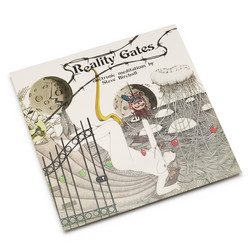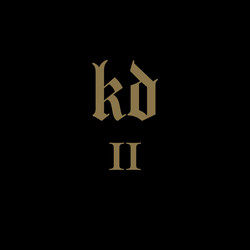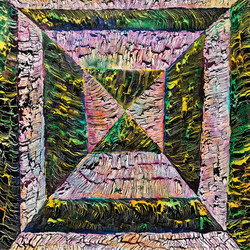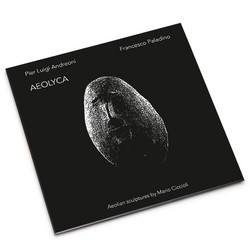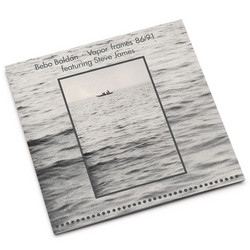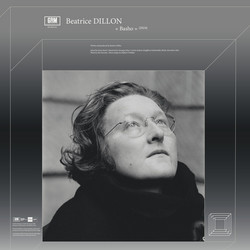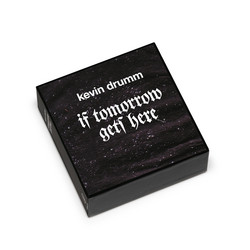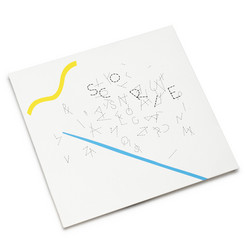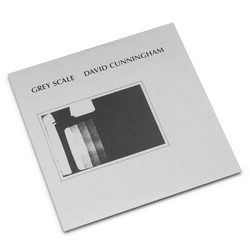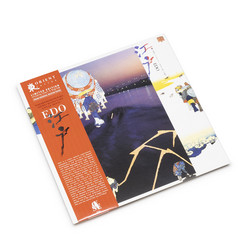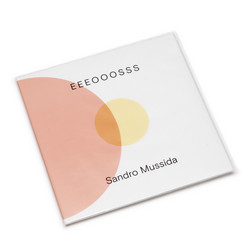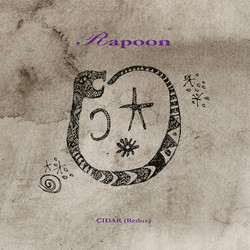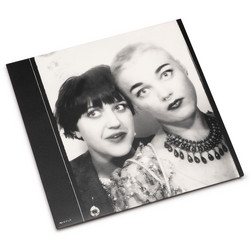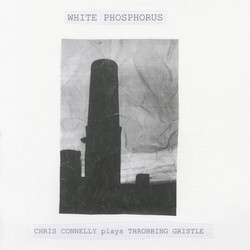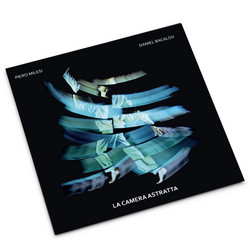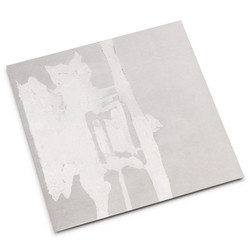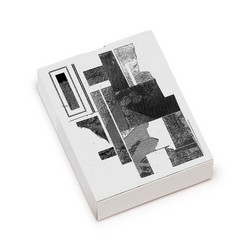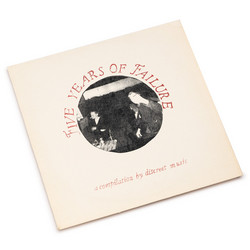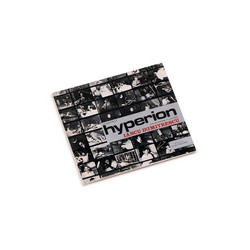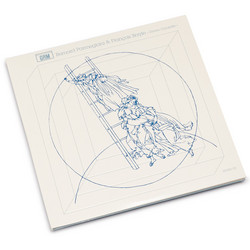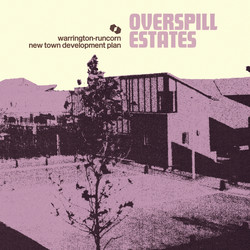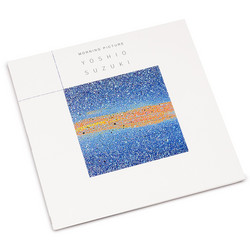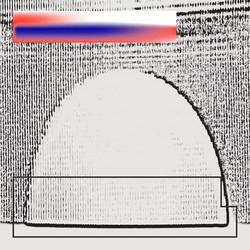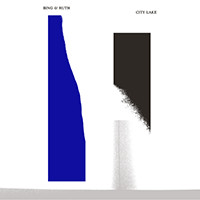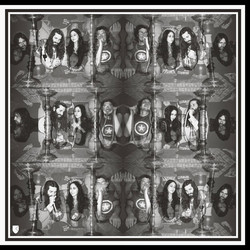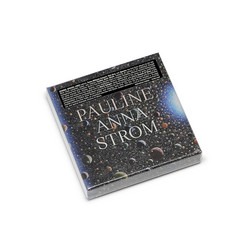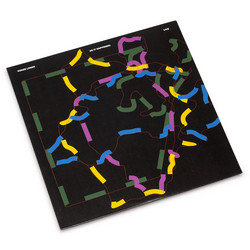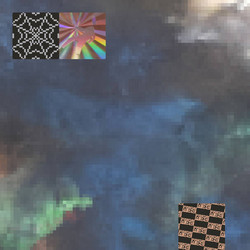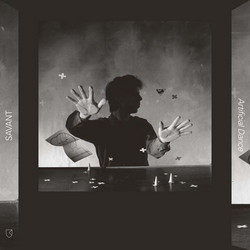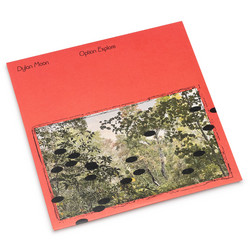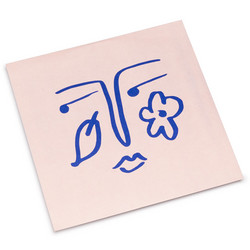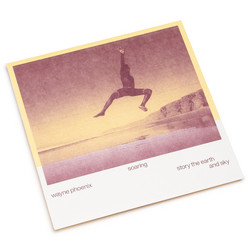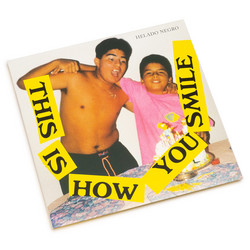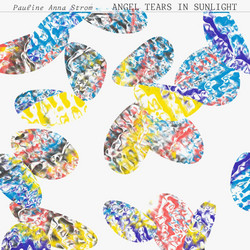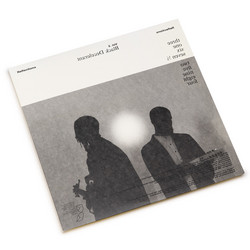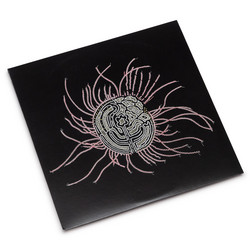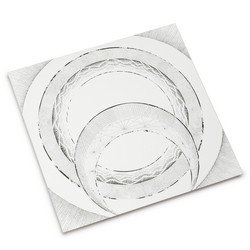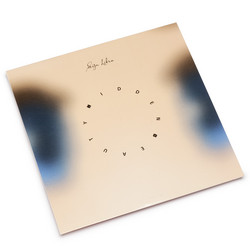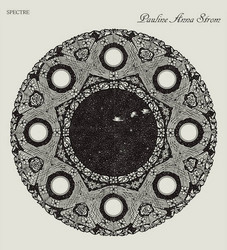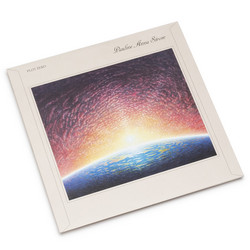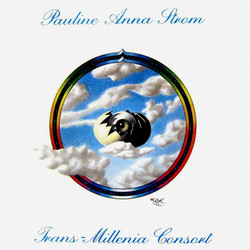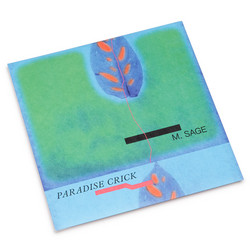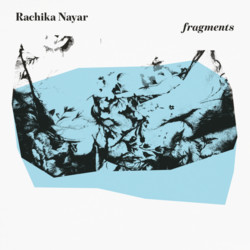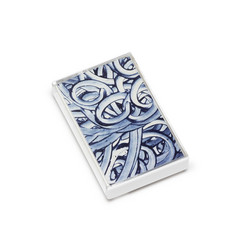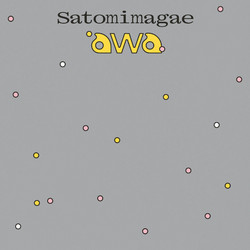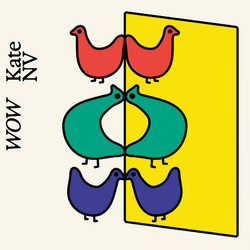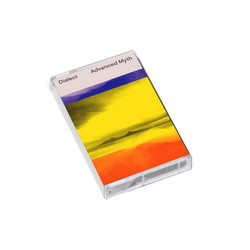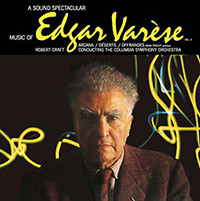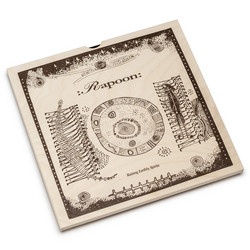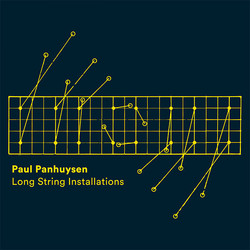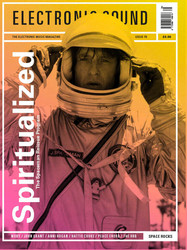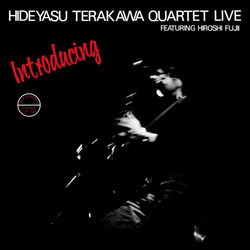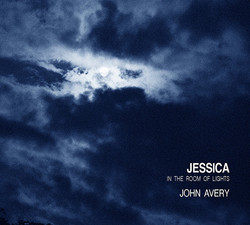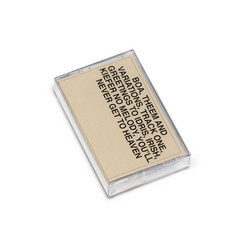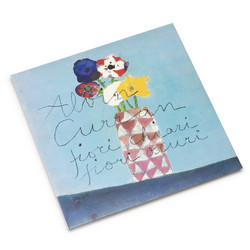'Tomorrow Was the Golden Age' is an unmistakably gorgeous and refreshing suite of microtonal minimalist composition by New York-based ensemble, Bing & Ruth. Helmed by writer, conductor and lead pianist, David Moore, and supported by two upright bassists, two clarinetists, a cellist and a tape delay tech, Bing & Ruth genuinely sweep us off somewhere sublime without recourse to overblown conceit or cliche - something all too prevalent and cloying in today's neo-classical quarters. Their skill lies in the ability to drift, almost imperceptibly, between microtonal harmonies and silent/grand dynamics with patent subtlety, segueing gradient fields of colour with a grand, yet never imposing, effect. In that sense 'Tomorrow Was the Golden Age' surely recalls your Glass's and Reich's, but also the time-smudging transcendence of Morten Feldman, Brian Eno or Stars Of The Lid, and, in parts, a louder Jakob Ullmann for their keen attention to contemplative quietude and involving, delicate depth of field (Boomkat) / 8.1 ranking at Pitchfork: Tomorrow Was the Golden Age, the beautiful second LP from Bing & Ruth, isn’t “ambient music.” You wouldn’t be at fault for thinking as much, though: at first approach, the New York City ensemble’s music is the kind that seems to do the most when you’re not paying attention to it, a series of swells and rustling melodic passages that unfurl patiently. At times, it sounds quite sparse, with just a central melody orbited by distant tones; Bing & Ruth have clearly taken their time on these recordings, but by no means is this “slow” music meant for background listening. Instead, Tomorrow Was the Golden Age teems with life the same way an inanimate city skyline is filled with people unseen to the naked eye. This music moves, almost constantly, and even when Bing & Ruth are seemingly sitting still, their gears are whirring, however silently, on a different plane.
The project is anchored by pianist and composer David Moore, who’s been working in a variety of avant-classical mediums for a decade now (you can preview a variety of his smaller releases on his Bandcamp page). Bing & Ruth’s first album, the 2010 LP City Lake, was reminiscent of Sufjan Stevens’ own classical diversions, a series of bright pieces that occasionally employed the human voice in tandem with chamber-ensemble arrangements. The debut was a relatively straightforward release, but Tomorrow Was the Golden Age isn’t; aided by the addition of a tape delay tech, the record’s nine compositions take on a trippy, halo-effect shape, every sonic abstraction and bent tone radiating a strange, benevolent glow. For a suite that could be called “minimalist,” Tomorrow Was the Golden Age proves surprisingly tactile, a shifting variety of textures that move from mossy to feather-delicate.
For Tomorrow Was the Golden Age, Bing & Ruth narrowed down their ensemble—two upright bassists, two clarinets, a cellist, the tape-delay tech, and Moore on piano—but while City Lake had a larger scope, this new record feels heavier by design. Credit is due to clarinetists Jeremy Viner and Patrick Breiner, whose bent notes are integral to this record’s many complexities; on opening track “Warble”, they add a sense of dread to Moore’s rustling, overlapping piano figures, aiding greatly in the subtle melodic shifts taking place. On “Reflector”, their instruments sound like ghosts heaving deep sighs in the wind, pushing and sustaining against a decaying piano.
“Reflector” is one of a few moments on Tomorrow Was the Golden Age where the melody that’s explored, deconstructed, and lingered-upon ends up sticking with you long after the track is over. The sense of humanity found in these compositions, and the broad range of emotions they convey—longing, contemplation, muted joy, confusion, a quiet but deeply felt ecstasy—go a long way to make Tomorrow Was the Golden Age accessible. At times, you can hear the New York trappings in Bing & Ruth’s music—conceivably, this music could soundtrack busy city streets, or the metropolitan sprawl’s dawn-hour emptiness. But Tomorrow Was the Golden Age, one of the finest left-field releases of the year, transcends geography, inviting you to close your eyes and build your own richly detailed world.
